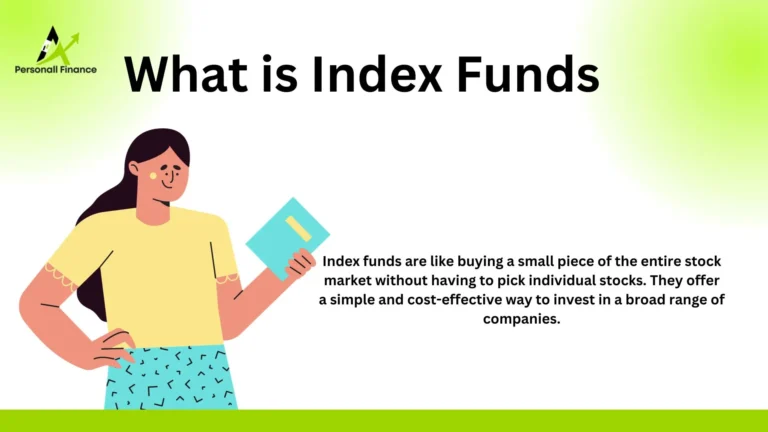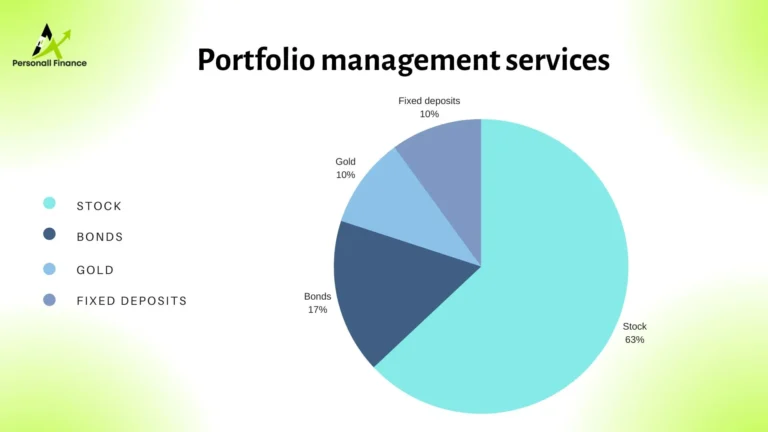Introduction
Discounted Cash Flow (DCF) is a financial valuation method that plays an important role when deciding the worth of an investment, business, or project. This approach allows individuals and companies to assess the future potential of their financial endeavors by considering the time value of money. In this comprehensive guide, we look into the concept of DCF, its applications, how it works, the formula behind it, its advantages, disadvantages, and its overall significance in financial decision-making.

Table of Contents
ToggleMeaning of Discounted cash flow DCF
At its core, DCF stands for Discounted Cash Flow. Imagine you’re trying to find out how much something is worth today, like a business or an investment, based on the money it’s expected to generate in the future. DCF helps us do just that, by calculating the present value of future cash flows.
The Discounted Cash Flow Method is applicable in what situations?
A DCF can be used to estimate values for things like bonds, equities, real estate, long-term assets, equipment, or businesses, in accordance with discounted cash flow principles.
How DCF Discounted Cash Flow work
DCF works on the principle of assessing the future earnings potential of an asset or investment and translating those future earnings into today’s dollars. To accomplish this, it employs a financial concept known as discounting.
This means that DCF considers the fact that money received in the future is worth less than the same amount received today. By discounting future cash flows, we get a realistic picture of what they are worth in present terms.
What is DCF calculator
A DCF calculator is like a financial time machine. It helps you figure out how much money you might get in the future and tells you what it’s worth in today’s money. This helps investors and businesses make smart decisions about their finances.
Formula for DCF Calculation
The DCF formula can seem a bit intimidating, but it’s not as complex as it looks. It can be written as:
\[DCF = \frac{Future Cash Flow}{{(1 + Discount Rate)^n}}\]
Here’s what each part means: Future Cash Flow represents the money you expect to receive in the future. The Discount Rate is a number that reflects how much you want your money to grow over time. “n” stands for the number of years into the future you’re analyzing.
Benefits of DCF Discounted Cash Flow
1. Value Determination: DCF helps individuals and businesses find the true value of their investments or ventures.
2. Informed Decision-Making: It empowers investors to make well-informed choices regarding where to allocate their resources.
3. Long-Term Planning: DCF helps in long-term financial planning, ensuring that future financial needs are met with precision.
4. Risk Assessment: It allows for a thorough evaluation of the potential risks and rewards associated with an investment.
Disadvantages of Discounted Cash Flow
1. Uncertainty: Predicting future cash flows accurately can be challenging, as it depends on various unpredictable factors.
2. Subjectivity: Determining the right discount rate can involve some degree of subjectivity and guesswork.
3. Data Reliance: DCF relies heavily on precise and up-to-date financial data, making it vulnerable to data inaccuracies.
Conclusion
Discounted Cash Flow is an invaluable financial tool that provides us with a clear understanding of the value of assets, investments, or business ventures. While it has its challenges, particularly in forecasting future cash flows, its benefits in guiding financial decisions far outweigh its drawbacks.
DCF enables us to make informed choices, plan for the future, and assess the true worth of financial activities in today’s terms.
Frequently asked question
DCF, or Discounted Cash Flow, is a financial method used to determine the present value of future cash flows. It’s commonly used to evaluate the worth of investments, businesses, or projects.
DCF is versatile and can be applied to various investments, such as stocks, bonds, real estate, and even evaluating the acquisition of a company. However, it’s most useful for investments with predictable cash flows.
DCF relies on several assumptions, including predicting future cash flows accurately and selecting an appropriate discount rate. These assumptions can be challenging, especially for long-term or highly uncertain investments.
Absolutely. Individuals can use DCF to make decisions about investments, retirement planning, or evaluating the purchase of a home or car. It’s a versatile tool for personal finance.



